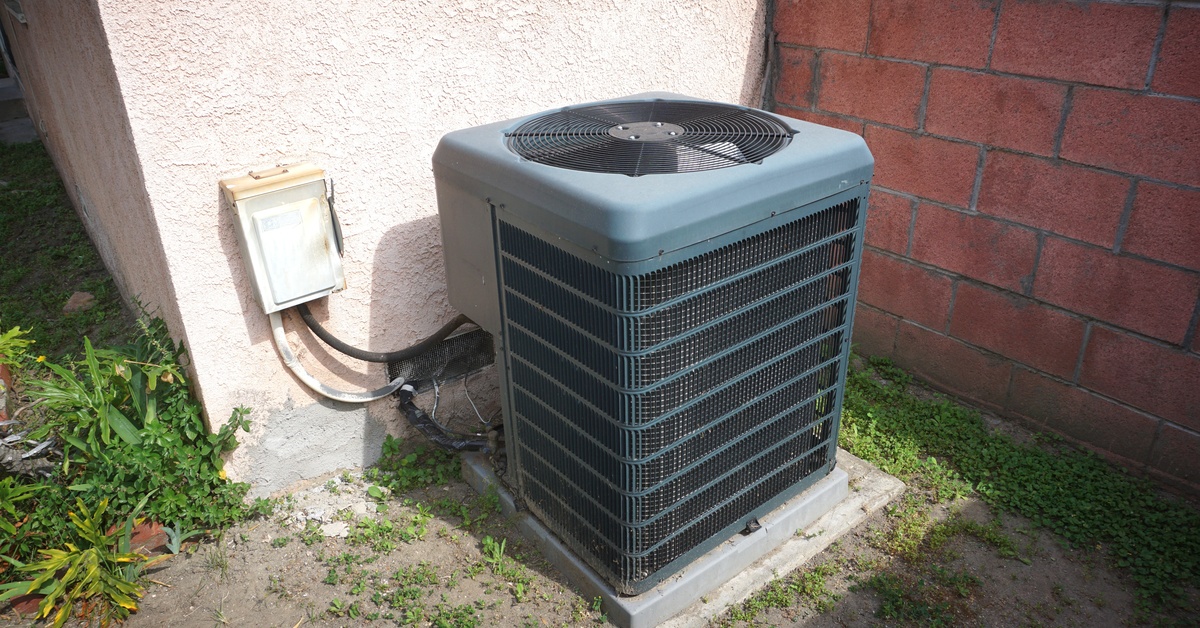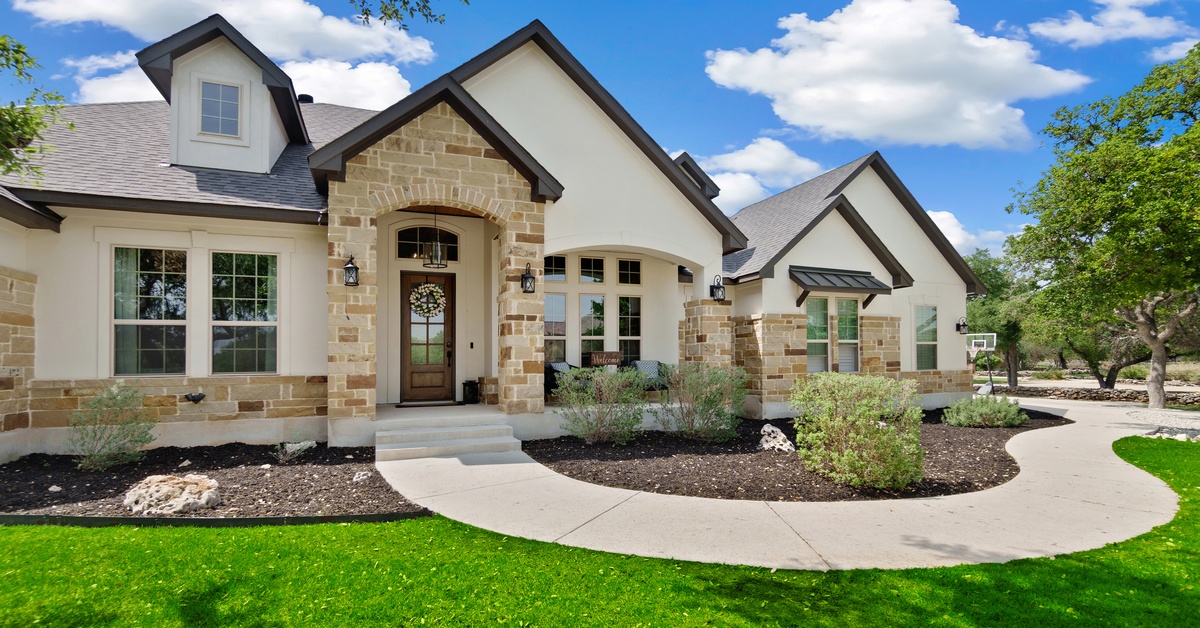When the cost of living seems too high, finding ways to save money or receive tax reimbursements can be a huge relief for homeowners. If you live in Florida and plan to upgrade your HVAC system, you may be eligible for a tax credit from the state government. The Inflation Reduction Act (IRA) and other legal programs allow homeowners to use generous tax credits to encourage such upgrades.
This guide explains tax credits, what HVAC systems qualify for a tax credit in Florida, and tips for replacing your system.
What Tax Credits Are
A tax credit is an incentive the government offers to reduce the amount of tax money individuals owe. Sometimes, it’s also a monetary incentive that homeowners can claim when filing tax returns.
Tax credits can come in different forms, such as property or income tax credits. You can use tax credits to reduce the money you owe in taxes or possibly receive a refund. Your HVAC system is an example of a home improvement that qualifies for a tax credit. The government offers tax credits to encourage homeowners to make energy-efficient home upgrades.
How To Get Tax Credits
To claim tax credits related to your HVAC system, ensure the equipment meets ENERGY STAR® or federal efficiency standards, and save all receipts from the purchase and installation. If you’re unsure, you can also contact the manufacturer to inquire whether their system meets the required standards.
Once you have qualifying equipment, you’ll note the information on IRS Form 5695 when you file taxes. Once you submit this form, the IRS will review it, and if approved, you will receive a tax credit for the amount specified by the government.
Qualifying HVAC Systems

Knowing what types of systems qualify for tax credits in Florida can help you narrow your scope as you search for the right system.
Air Source Heat Pumps
We all know Florida gets hot, and no one wants to sit in an overly warm home. Air source heat pumps often have a cooling mode, which pulls heat from the indoor air and releases it outside. This process uses refrigerant to absorb heat from your home and expel it outdoors, leaving your living space cool and comfortable.
Air source heat pumps are energy-efficient since they move hot air from one place to another rather than creating cool air to fight against the warm air. This heat transfer process requires significantly less energy than traditional air conditioning systems, which use electricity to power a compressor and create cool air.
Central Air Conditioners
Central air conditioning systems are integral in combatting Florida’s heavy humidity and scorching heat in the summer. These systems have an outdoor and indoor unit, which work together to remove hot air from the home and then blow cool air through the ducts to further cool it.
Many homeowners have central AC systems because they’re consistent and offer whole-house cooling solutions. Moreover, this AC option is easy to use and maintain. Homeowners can easily adjust the temperature with a thermostat while the AC unit does all the heavy lifting.
Natural Gas Furnaces
Many Floridians don’t even consider buying a furnace since much of the state is already hot enough. However, for homeowners who live in the northern part of the state, a furnace may be a necessary addition to their home’s HVAC system.
Natural gas, propane, and oil water heaters or furnaces often meet the qualifications for ENERGY STAR® certification. An efficient furnace can save some homeowners up to twenty percent on their natural gas bills.
Tips for Upgrading Your HVAC System
Knowing which HVAC systems qualify for tax credits in Florida helps you save money and reduce your carbon footprint. Here are some tips to help you upgrade your HVAC system.
Establish a Budget
Evaluate what you can afford to spend on a new appliance and all related upfront costs. This can include redoing ductwork, installing new ventilation, and purchasing additional equipment such as a thermostat or air purifier.
Know What You Need
You may not need a heat-generating system. While energy-efficient heat systems can qualify for tax credits, Florida is often warm enough that they are not worth the additional costs. In this case, you may be better off investing in a high-efficiency air conditioning system.
Consider the Size of Your Home

When upgrading your HVAC system, consider the size of your home. Larger homes require bigger HVAC systems that have enough power to cool the entire home. It’s best to consult with a professional HVAC contractor to determine the appropriate size for your home. They can assess your home’s layout and square footage and recommend the right size system for optimal performance.
Review State Qualifications
When choosing an HVAC contractor, review their qualifications and credentials. In the United States, each state has different requirements for HVAC contractors. Some states require contractors to have a license or certification, while others may only require registration with the state.
Read up on Florida’s state laws and requirements to ensure the contractor you are considering is properly qualified to work on your HVAC system. You can also meet with a tax accountant to discuss potential tax advantages and deductions related to your system.
Reasons To Replace Your HVAC System
Receiving tax credits is a major bonus that can directly impact your income; however, it isn’t the only reason to replace your HVAC system. Some other reasons include:
- Efficiency: Old HVAC systems are not as efficient as newer models, meaning they use more energy and can result in higher utility bills.
- Comfort: Newer HVAC systems come with better technology and features that allow for more precise control of the temperature and humidity levels in your home.
- Reliability: Old HVAC systems tend to break down more frequently due to wear and tear.
Replacing your old HVAC system with an energy-efficient option can also increase the value of your home and make it more attractive to potential buyers. People are more likely to take interest in a home with an energy-efficient HVAC system because it means lower energy bills and fewer maintenance costs over the years of ownership.
When you’re ready to replace your HVAC system, contact Style Crest for AC installation services in Melbourne, FL. Our team of highly trained professionals has decades of experience installing HVAC systems and will keep the process hassle-free. Enjoy reliable, professional service you can trust.